What makes some leaders stand out from the rest?
It has to do with their ability to think decisively.
The best leaders evaluate their options, weigh in on the alternatives, connect the dots, and look for potential in order to make informed decisions.
Here are some of the things great critical thinkers make a habit of:
Leading with questions. Open-ended questions, in particular, help you get to the heart of the matter. Start with Why?, How?, What?, and Where?
Embracing different points of view. As a leader, you need to be able to take advantage of the diversity in your team (and board, if you have one) to help you see things from different perspectives. The best leaders see and make use of the insights that everyone has to offer. They honor different opinions and ideas, because they know those differences lead to better decisions.
Leading with agility. As the old saying goes, the only constant is change—and the variables are always shifting and adjusting. Leading through change requires an open mind that can see opportunity in every situation.
Keeping an open mind. In the complex world of business, a leader with an open mind will find potential by sizing up all the answers, holding on to differences of opinion, and taking in all the variables to see clearly.
The leader who thinks critically and manages ambiguity will be the one who leads where others cannot.
Lead From Within: Be the leader who knows that nothing is as it seems. There is always uncertainty; there is always ambiguity. Be clever enough to size things up, connect the dots, see the potential, and act decisively when no one else can.
Learn more:
http://www.scoop.it/t/21st-century-learning-and-teaching/?tag=Critical-Thinking



 Your new post is loading...
Your new post is loading...











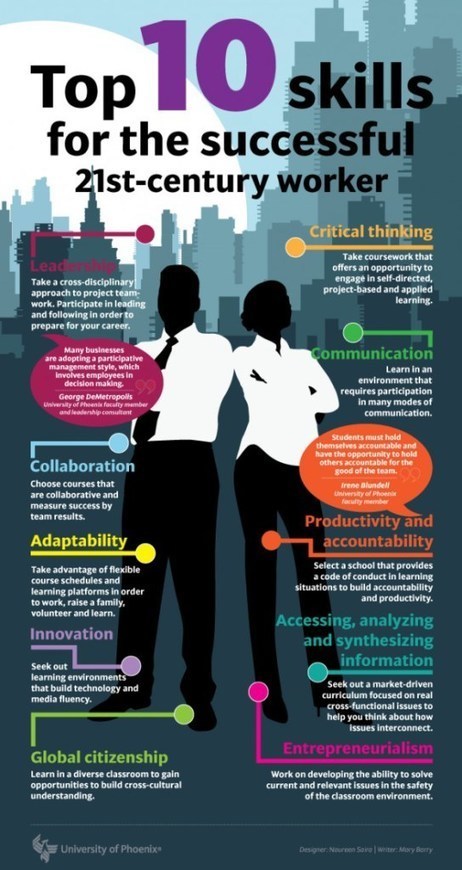







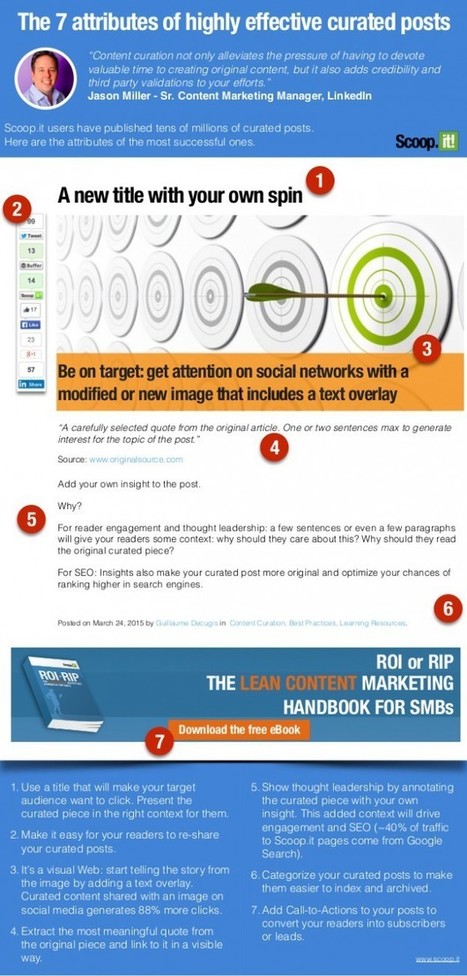











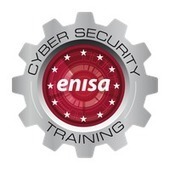

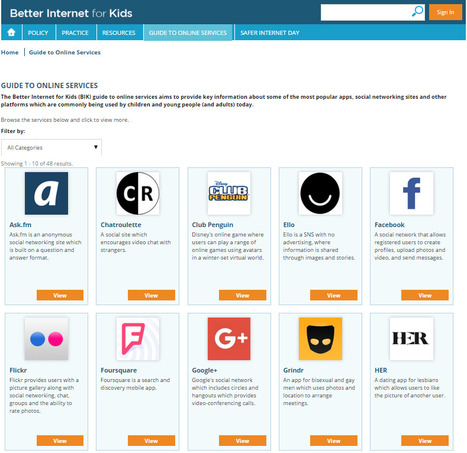





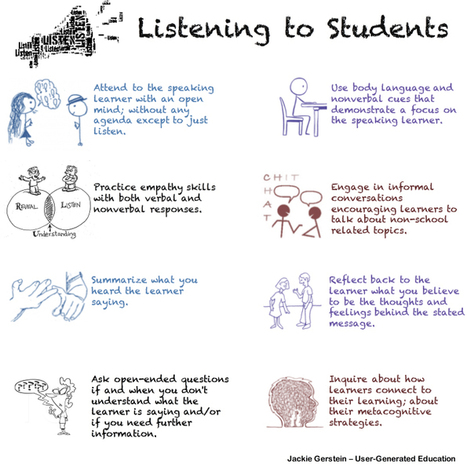








The UK Safer Internet Centre is delighted to announce the launch of the Safer Internet Day Education Packs for primary age children (3-11 years), secondary age children (11-19 years) and parents and carers.
The resources are designed to help schools, youth groups and other organisations to deliver activities for children, young people, parents and carers on Safer Internet Day 2016 on the 9th February.